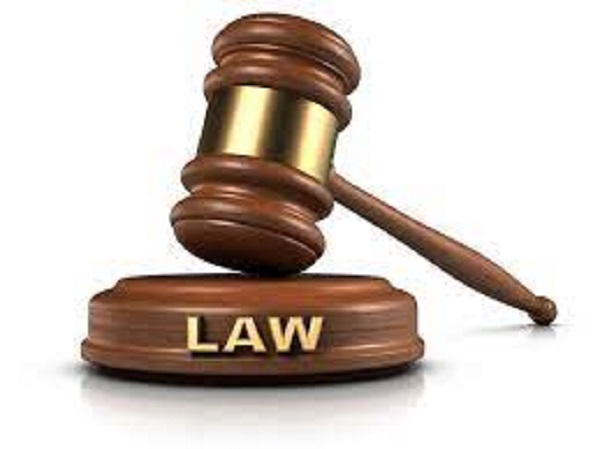Lifestyle News: Fashion, Health, Relationships & More | The Mirror - Graphic Online

How can a person start criminal proceedings?
Dear David,
As rightly stated by you, before you can start a court action in civil cases, you are required to go and see your lawyer and brief him with supporting documents about your concern.
The lawyer will then check what you have narrated to him against the law and if in the opinion of the lawyer you have a case, the lawyer will summarise the facts of your case into a documents called a Statement of Claim attached to a Writ of Summons and will then file the case in court.
When this is done, then court proceedings are said to have been instituted against the defendant.
In criminal cases, the procedure is different. To start criminal proceedings, you first make a complaint at a police station against another person whom you believe had acted contrary to the law by interfering with your rights.
When you lodge the complaint, the police will invite the suspect for interrogation and possibly give a statement about his version of the complaint. The police will then investigate the complaint and if satisfied that a case has been made, they will charge the suspect and place him before court.
Apart from police officers, the law says any person who believes from a reasonable and probable cause that an offence has been committed by another person can make a complaint to a District Magistrate who has jurisdiction to try or enquire into the alleged offence, or within the local limits of whose jurisdiction the person accused is alleged to reside or be.
Such complaints may be made orally or in writing, but if made orally, it shall be reduced into writing by the magistrate and in either case shall be signed by the complainant and the magistrate.
Upon receiving any such complaint, the magistrate shall review it and may, in his discretion, refuse to issue a warrant or may issue either a summons or warrant as he thinks fit.
This is to compel the attendance of the accused person before the District Court which such magistrate is empowered to hold, or if the offence appears to be one which he is not empowered to try or enquire into, refer it before some other competent court having jurisdiction in the same area.
Once the police have completed their investigation, they may charge the person and issue a summons to place the person before the District or Circuit Court for prosecution.
This is contained in a charge contained in a charge sheet specifying the name and occupation of the person charged, the charge against him, and the time and the place where the offence is alleged to have been committed.
The charge sheet shall be signed by the police officer or public prosecutor in charge of the case. Where the offence involves serious acts necessitating a trial on indictment, the prosecution will be undertaken by lawyers from the Attorney-General’s Department. From the moment the charge sheet is read to the accused person and the plea taken, criminal prosecution would be said to have commenced.

